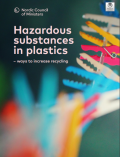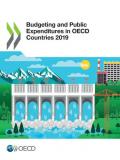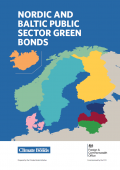
The aim of this report is to create knowledge on how plastics recycling can increase without increasing the risk of emitting hazardous substances to the environment.

This report provides a comprehensive view of practices and developments in the governance, implementation and performance of budgeting across OECD countries. It looks at recent practices such as the application of medium-term frameworks and the use of data and analytics to highlight the impacts of policies on concerns such as gender equality and the environment.
This report, 1.5-Degree Lifestyles: Targets and options for reducing lifestyle carbon footprints, analyses the carbon footprint of household lifestyles and how changes can contribute to meeting the ambitious 1.5-degree aspirational target envisaged by the Paris Agreement on climate change. It analyses scientific emission scenarios and case studies from Finland, Japan, China, Brazil, and India, and proposes long-term targets for individuals’ lifestyle carbon footprints by 2030-2050, as well as low-carbon options that citizens and society can adopt.
Modelling Policy Coherence Between Adaptation, Mitigation and Agricultural Productivity develops theoretical and quantitative analysis to identify the potential synergies and trade-offs inherent in various policy instruments that address agricultural productivity, climate change mitigation and adaptation, and water quality objectives

The report Nordic and Baltic Public Sector Green Bonds has a specific focus on the role of local governments, municipally owned companies (MOCs), state-owned enterprises (SOEs), and Local Government Funding Agencies (LGFAs) and along with Scandinavian nations includes Estonia, Latvia and Lithuania in its scope.
